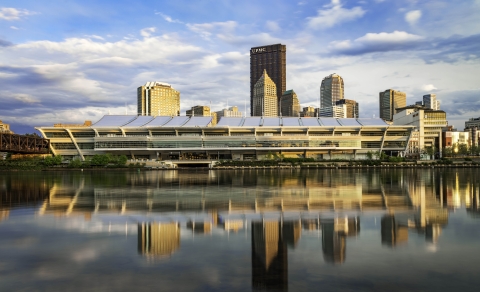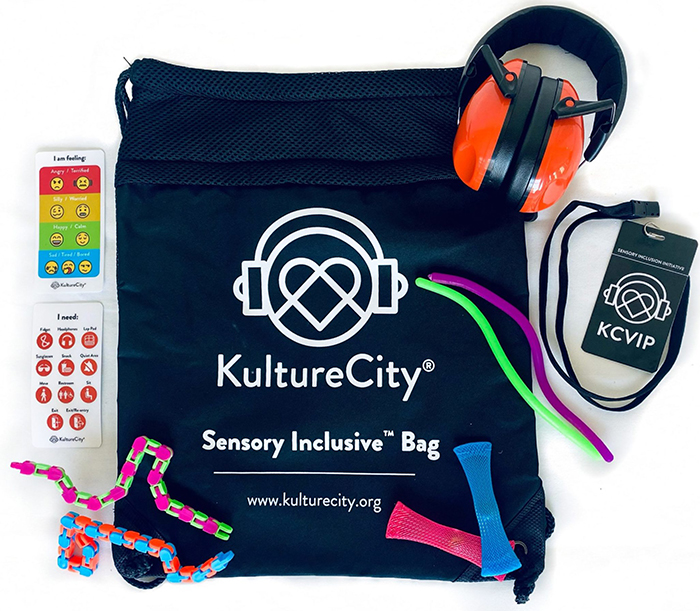David L. Lawrence Convention Center Earns Sensory-Inclusive Certification

Neurodiverse, autistic and sensory-challenged attendees and exhibitors who may feel overwhelmed and overstimulated by the convention center environment while participating in events at Pittsburgh’s David L. Lawrence Convention Center (DLCC) now have several new resources available at the venue.
DLCC, which hosts a full calendar of major trade and consumer events in the Northeast region, has embraced accessibility via its recent partnership with KultureCity, a national nonprofit that works to improve the quality of life for individuals with sensory needs.
The new initiative features a certification process to ensure DLCC staff are informed and prepared via annual training by leading medical professionals on how to recognize guests with sensory needs and how to handle a sensory overload situation.
“The David L. Lawrence Convention Center is honored to partner with KultureCity, ensuring a welcoming, safe and positive environment for all those who visit, whether for a business meeting, trade show or special event,” said Tim Muldoon, general manager of the DLCC. “We’re proud to be the first KultureCity-certified Sensory Inclusive Convention Center in the state of Pennsylvania.”
How it works
KultureCity Sensory Bags, provided by Puro Sound Labs, come equipped with noise-canceling headphones, fidget tools, verbal cue cards and KultureCity VIP lanyards, while a private Quiet Room, located on Level 2, Concourse A provides a calming and comforting space to retreat to and regroup. Additionally, headphone zones are marked in areas of heightened noise potential in the venue.

To help sensory-challenged guests feel more prepared prior to attending an event at DLCC, attendees can download the free KultureCity App where they can view what sensory features are available and where they can access Quiet Areas, a KultureCity Sensory Bag and Headphone Zones locations.
The app also includes a “Social Story” feature that provides in-depth information about what to expect while at the venue, from entering the building and finding their event to interacting with convention center staff and finding quiet areas.
According to KultureCity officials, sensory sensitivities or challenges with sensory regulation are often experienced by individuals with autism, dementia, PTSD and other similar conditions. One of the major barriers for these individuals is sensitivity to overstimulation and noise, which can be a major part of the environment at convention centers.
Back story
KultureCity is a non-profit recognized nationwide for using its resources to revolutionize and effect change in the community for those with sensory needs, not just those with autism. Since the program’s inception, KultureCity has created more than 1,000 Sensory Inclusive public and private services, organizations, events and venues in six countries, including the Overland Park Convention Center in Overland Park, Kan., which became KultureCity certified in 2021.
As one of the greenest convention centers in North America, the LEED (Leadership in Energy and Environmental Design) Gold Certified DLCC is owned by the Sports & Exhibition Authority of Allegheny County. The 1.5 million-square-foot facility features 313,000 square feet of exhibit space, 37 loading docks, 53 meeting rooms and a 31,000 sq.ft. ballroom.
To learn more about KultureCity Sensory Inclusive Certification, go here.
Don’t miss any event-related news: Sign up for our weekly e-newsletter HERE, listen to our latest podcast HERE and engage with us on Twitter, Facebook and LinkedIn!


Add new comment